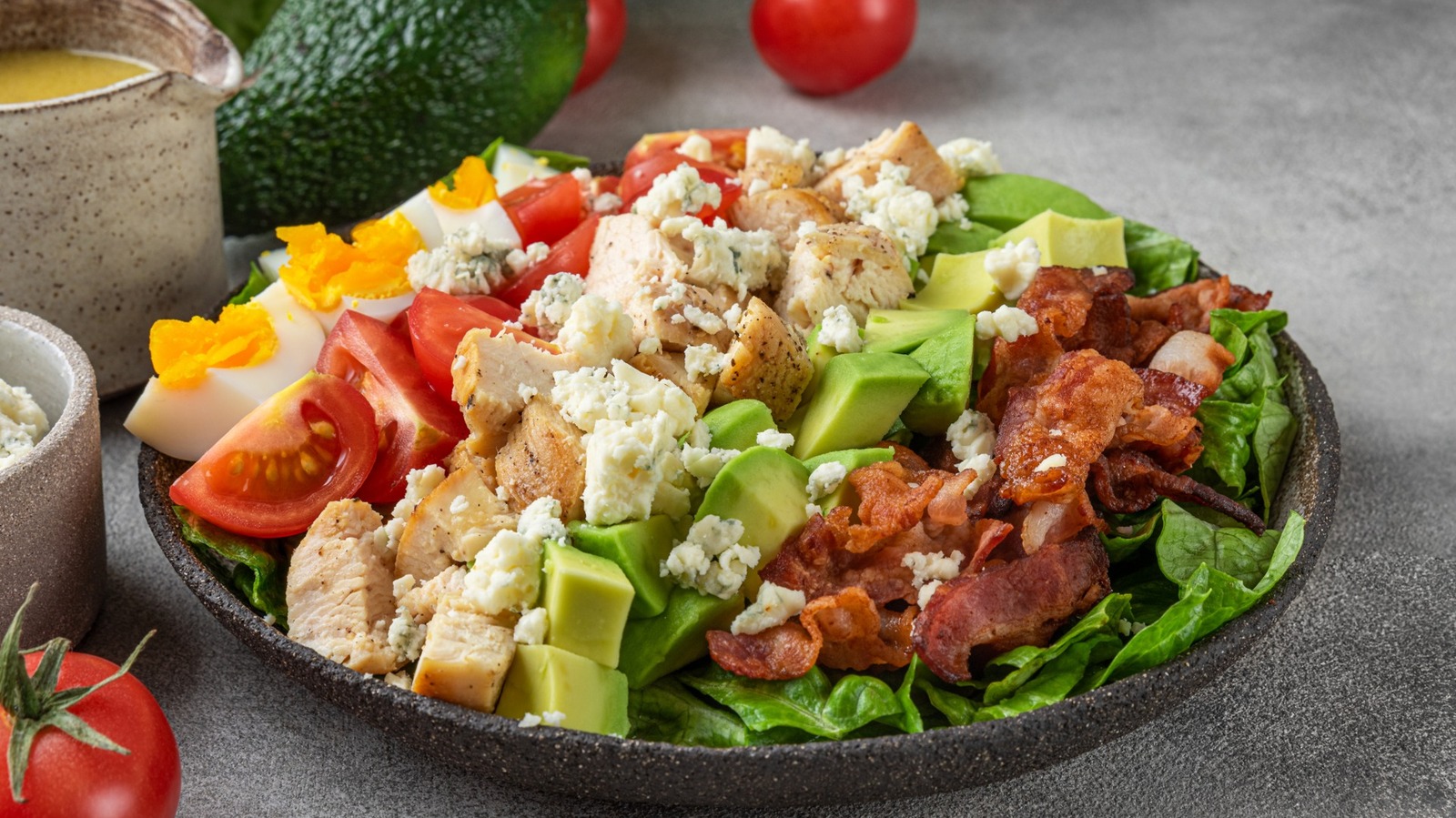
Oh, cheesecake! The ultimate indulgence that's almost impossible for any sweet tooth to resist. From the decedent to the rustic basque burnt cheesecake, this timeless sweet invention has taken countless forms to earn its rightful place in the dessert hall of fame, no matter how much guilt comes with each bite. But among , the Japanese cheesecake stands out like a fairy-tale dream.
It's a jiggly, wobbly, cloud-like wonder, a soufflé-style cheesecake that seems to take all the worries away. With its melt-in-your-mouth texture and air-light fluffiness, it's as if you're biting into a sweet cheesecake-flavored cloud. Each bite feels weightless, almost too good to be true, like a sweet secret that allows you to enjoy your cake while keeping it guilt-free.
Japan's introduction to cheesecake dates back to the post-World War II era when American soldiers first brought it over. However, the unique Japanese cheesecake wasn't created until the 1960s, when chef Tomataru Kuzuno had a revelation while savoring his first Käsekuchen, the German cheesecake. Inspired by the cake's light and fluffy taste, he combined the richness of the American and the airy texture of the German cheesecakes.
The result? Voila! The now-famous Japanese "Soufflé" cheesecake. . Whipped wonders: how meringue brings lightness to life Meringue has long been a staple in baking, used in everything from macarons to chiffon cakes.
However, Kuzuno specifically introduced it to the art of making cheesecake. Meringue, made simply from whipped egg whites and sugar, incorporates air into the cake batter for the perfect fluff. As the eggs are whipped, they form air pockets to expand the mixture.
The term "peaks" refers to different stages of whipped egg whites, with each stage resulting in differences in the appearance, texture, and density of your baked goods. While whipping up egg whites may seem easy, . For the perfect soft peak, it's essential not to overbeat the egg whites.
Watch for the egg whites to turn translucent and frothy as you whisk. Once they become shinier, foamier, and opaque, leaving trails as you whisk, you're at the soft peak stage. To check, lift your whisk, and if the peak that forms is loose and slowly melts back into the mixture within a few seconds, you've got soft peaks.
At this point, fold the delicate meringue gently into the batter, bit by bit, to prevent deflating and preserve the light, fluffy texture. American cheesecake vs. Japanese cheesecake Is it worth baking a Japanese cheesecake when American cheesecake satisfies your cravings, and you can grab a slice from ? Absolutely.
The Japanese version offers a completely different taste experience than its American counterpart. While the essential ingredients are similar, American cheesecake is typically a deep-dish baked dessert with a velvety, creamy texture, with each bite packed with the rich flavors of cream cheese, often complemented by additions like fruits, chocolate, and caramel. The iconic New York-style, one of the most beloved cheesecakes in America, features a signature double-baked graham cracker crust.
The Japanese variation, however, takes on a much lighter form. . You need to whip the egg whites separately to create a delicate meringue, which is then folded into the batter before baking.
It also needs to be baked in a water bath, or bain-marie, to create a steam barrier that ensures the cake stays moist and doesn't overheat. This process gives the Japanese cheesecake its signature airy, melt-in-your-mouth texture. The Japanese cheesecake requires precision, patience, and a few extra steps, but the result is truly divine.
Still hesitant to make the baking commitment at home? , perfect for tasting this sweet, fluffy delight before baking it yourself. Recommended.














